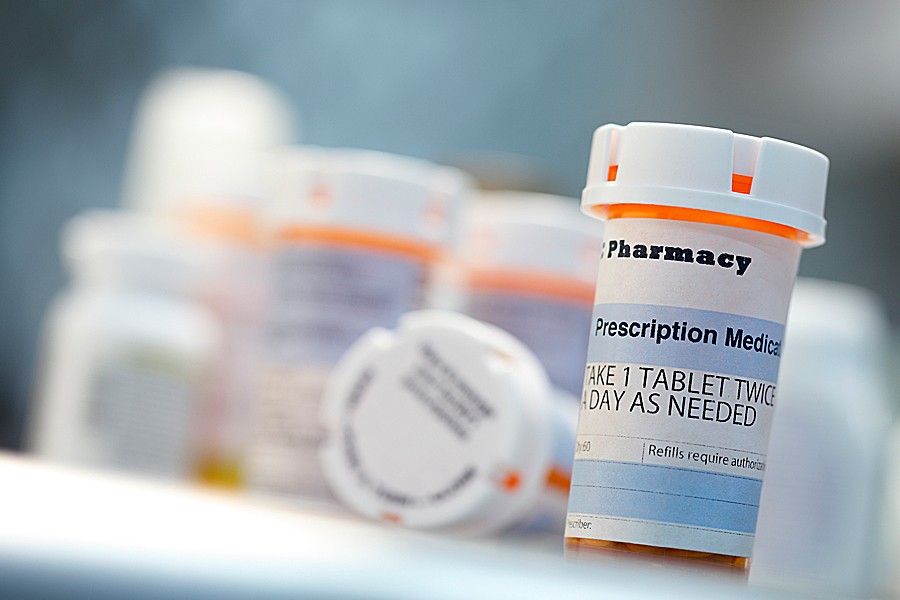Like most employers across the U.S., Johns Hopkins University has been experiencing a rise in overall health care costs, particularly around specialty prescription drug use. In fact, JHU prescription drug costs have consistently risen in recent years, and prescription drug claims represent about one-third of all medical claims costs. These costs directly impact medical premiums, which you and the university share.
According to the Benefits Office, the rise in prescription drug costs is not sustainable. While employee medical plan premiums will increase by only 1 percent this year, rates will increase at a much higher rate if the university does not take steps to update its prescription drug and medical plans to encourage a more consumer-driven approach—putting more control in your hands as to how you want to shop and pay for the health care you receive.
In order to better manage prescription drug costs and ensure that the university can continue offering employees coverage they value, it will be introducing new features to help them get the right medication at the best price. These new programs reflect its strategy to:
- Continue to provide access to excellent health care benefits for all faculty and staff and their families
- Remain competitive when compared with the health plan designs of peer institutions, and
- Encourage faculty and staff, and their families, to be actively involved in health care decision making and to be informed consumers of health care services
Above all, the new programs stress an approach that encourages a shared responsibility between the university and faculty and staff in keeping medical plans competitive and affordable, considering both payroll deductions and out-of-pocket health care costs.
For more information about these new programs, visit myChoices in October and be sure to check out next month's HR NewsWire.
Posted in Benefits+Perks, Health+Well-Being
Tagged hr newswire








